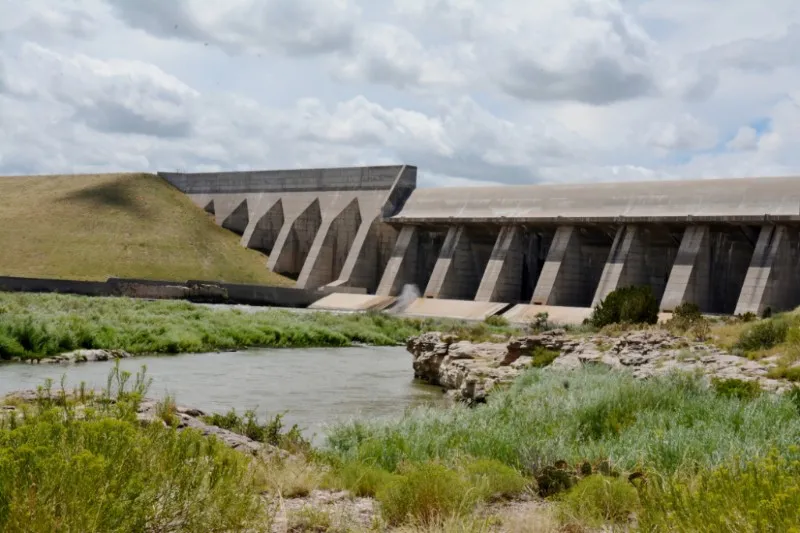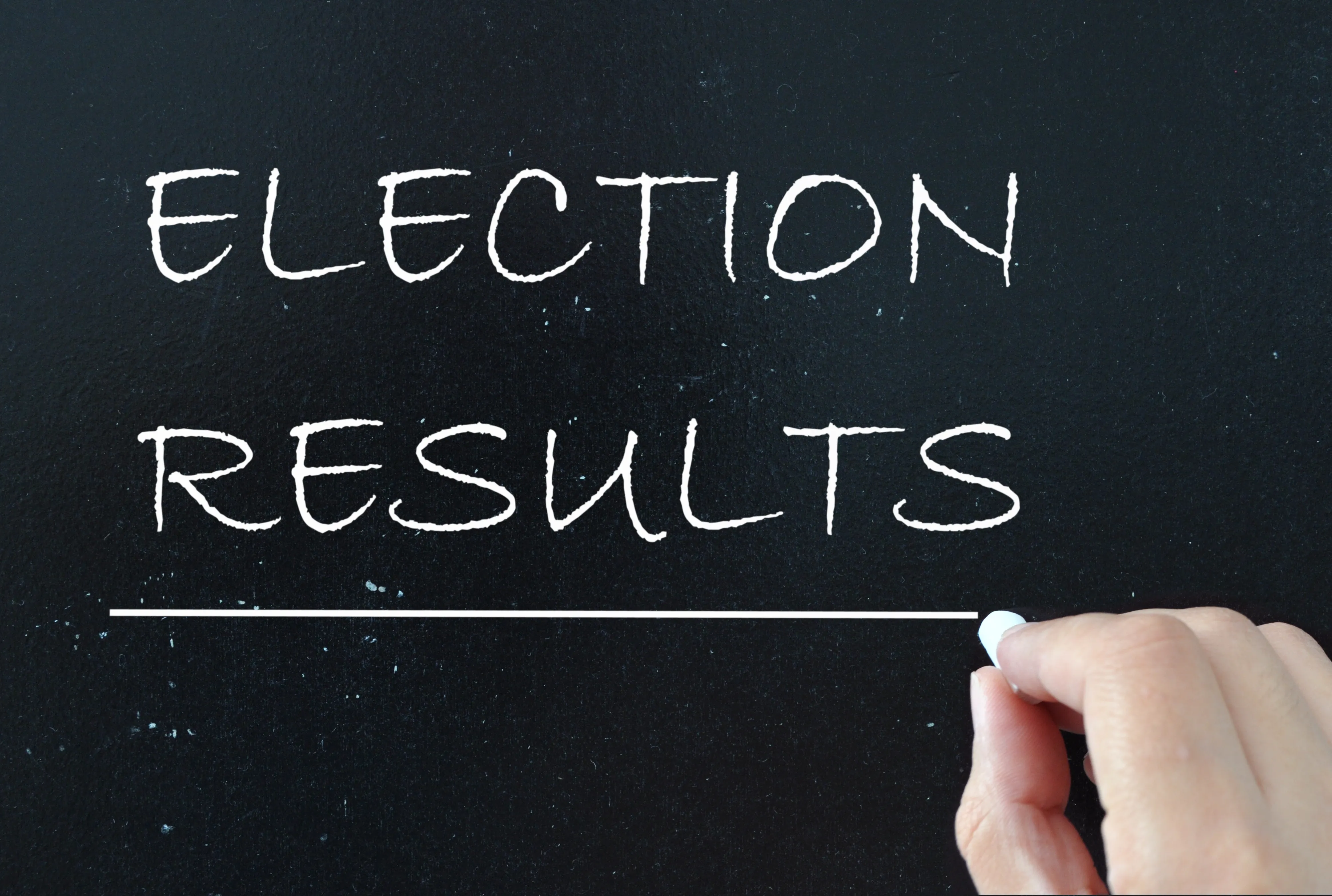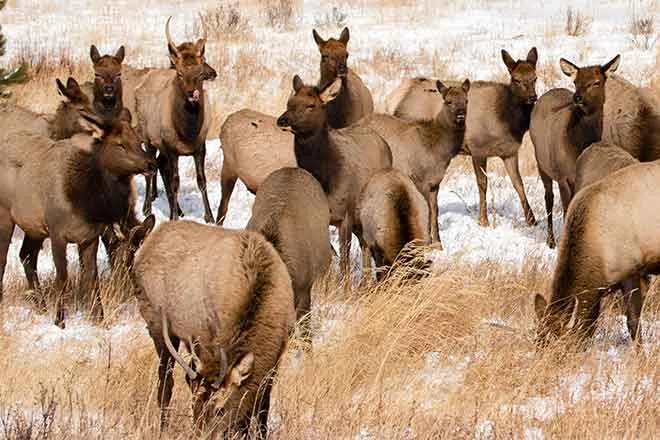
Daily Audio Newscast Afternoon Update - November 25, 2024
News from around the nation.
'Huge relief.' CEOs exhale after Trump taps Scott Bessent to lead Treasury; Five Mississippi women serving 175 Years, with 47 parole denials; MI couple opens their heart and home, transforming teen's life; Two Oregon companies forge a sustainable path for beer and wine bottles.
Transcript
The Public News Service Monday afternoon update.
I'm Mike Clifford.
Business leaders say they are relieved President-elect Donald Trump made a safe choice to lead the Department of Treasury after more unconventional selections to other cabinet posts.
That from CNN.
They report hedge fund executive Scott Besant survived an internal squabble over the role of the Treasury Secretary.
CNN notes Besant's pedigree as a global investor who has worked with legendary money managers and a history of supporting both Republicans and Democrats has eased the worries of business leaders and financial markets.
We head next to Mississippi where five women have been incarcerated longer than anyone else in the state.
Together, they served over 100 years with their releases collectively denied a total of 47 times.
Now as Daniel Smith reports, the MS5 campaign is working to bring awareness to their stories.
One of the women is Loretta Pierre at the Delta Correctional Facility in Greenwood.
She says in 1985 when she was 20 and pregnant, she was involved in an altercation with a woman whom Pierre says she shot in self-defense.
Now at age 59, Pierre says for arbitrary reasons, her parole has been denied more than 10 times.
December will be 37 years that I've been in prison.
I've been up for parole 14 times more than any other woman in the history of this state.
Pierre adds despite completing 50 prison programs, her file was empty during the parole board hearing in January 2022.
This story was produced as an Appeal Mississippi News Service collaboration.
And it is National Adoption Month.
And according to the Dave Thomas Foundation of Adoption, Michigan has about 10,000 kids in foster care.
Two years ago, 15 year old Bridget faced removal from her foster home at Christmas time.
High school principal Jeremy Wright and his wife Jennifer, already the parents of two young adult children, were surprised when they're offered to take Bridget in for a temporary emergency placement, turned into a permanent loving solution.
When Bridget came to us, she was addicted to drugs and alcohol.
She is 99 percent different from the day she walked into our house.
She really opened up and talked about wanting to be better.
And she just didn't have the skills and didn't have the know-how to do it.
The Dave Thomas Foundation has 37 recruiters in Michigan and they've helped find forever homes for over 400 kids waiting in foster care.
Crystal Blair reporting.
And reusable beer bottles are making a comeback in Oregon.
When Matt Swihert started Double Mountain Brewery in Hood River in 2007, his vision was to sell beer in the most sustainable way possible with bottles that would be returned and cleaned and refilled to be sold again.
You know, the carbon footprint of a reusable bottle is 70 times lighter than one white glass.
He is now building a regional infrastructure that any beer brewer in Oregon can choose to make standard refillable glass beer bottles.
This story was produced with original reporting from Alison Frost for Oregon Public Broadcasting.
This is Public News Service.
We head next to Connecticut, a state that is the subject of an offshore wind study which aims to identify supply chain opportunities for the state and the Northeast region.
Connecticut is committed to creating 100 percent zero carbon electricity by 2040.
So far it has procurements for 1.5 gigawatts of offshore wind.
The state's first offshore wind farm will be operational next year.
Christian Erva with the Connecticut Wind Collaborative says the study can explore many offshore wind priorities.
To pinpoint areas where supply chains currently fall short to propose actionable items to strengthen it and also to boost our local economic growth with the support of local manufacturers, ports, infrastructure development while promoting job creation and sustainable growth in Connecticut.
Other research shows the state can fill supply chain gaps by utilizing the 12,000 person ship building and repair industry.
Some experts believe tapping into this workforce can build up offshore wind development but Connecticut's offshore wind future is strained.
Governor Ned Lamont paused a multi-state deal delaying Connecticut's ability to reach its 2030 goals.
I'm Edwin J. Vieira.
Meantime enrollment at many universities is declining and that's making it easier not harder to get into college.
New research by the American Enterprise Institute shows colleges are admitting a larger proportion of their applicants for the first time in decades.
Acceptance rates at colleges and universities, both public and private, were more than seven points higher in 2022 than in 2012.
Preston Cooper with the American Enterprise Institute says despite the fierce competition among a select number of elite universities, the average school has become easier to get into.
You know, the median school is not rejecting 95 percent of its applicants.
You know, the median school is going to admit well more than half of students who apply and those types of schools that most Americans go to are getting less competitive to get into.
But a study by the Pew Research Center found nearly half of 18 to 29 year olds think it's harder to get into college today than it was for their parents' generation.
I'm Zimone Perez.
Finally, we'll head next to Wisconsin, a state that ranks 26th in the nation for wind energy.
Wisconsin has about 900 megawatts of installed wind capacity compared to neighbors that produce more than 10,000 megawatts.
Experts say better wind resources in neighboring states and lower solar costs enticing the state to invest in other projects contribute to the lag.
Wisconsin farms are also smaller than those in the Great Plains states, says Sam Dunaiski with RENEW Wisconsin, which is a unique challenge.
You can't just put two turbines right next to each other.
Right?
The atmospheric dynamics requires a little bit more spacing in between turbines.
And in order to do that, you know, you need a little bit more land.
But Dunaiski says the state's wind potential is high.
I'm Judith Ruiz Branch reporting.
This is Mike Clifford.
Thank you for starting your week with Public News Service.
Member and listener supported.
Hear us on interesting radio stations, your favorite podcast platform.
Find our content and our trust indicators at publicnewsservice.org.

















